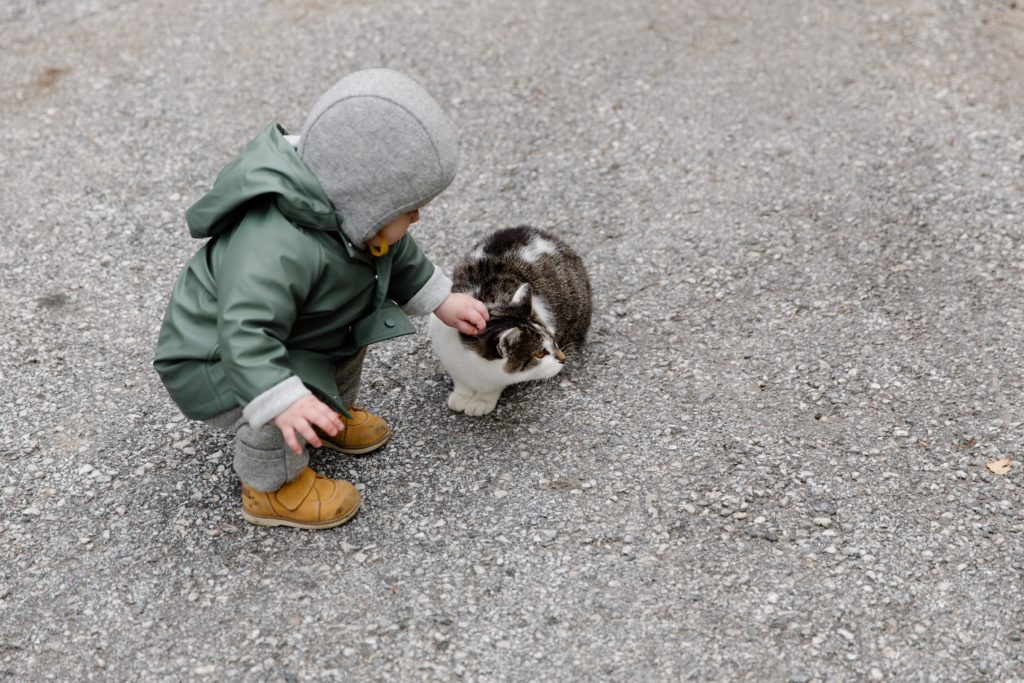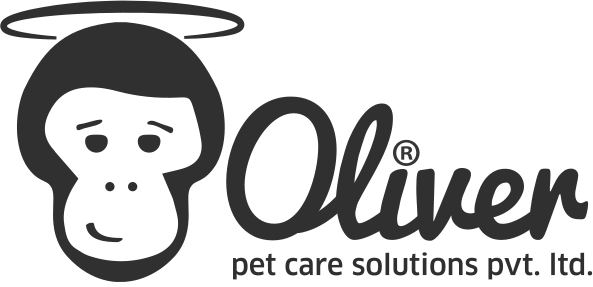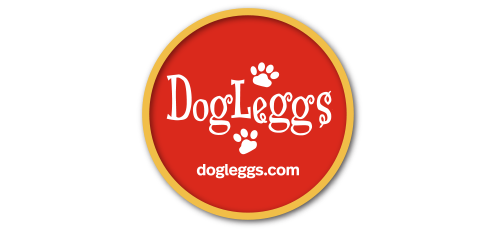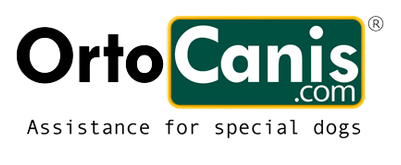The human animal bond cuts across age, gender and economic circumstance. Companion animals are our undeniable safe havens. Judgement free relationships are so rare among human beings, that we turn our hopes to a non verbal species for acceptance and love.
In times of war or peace to abandon an animal is a choice. Or is it a product of one’s exposure to and interaction with animals? Equality, peace, kindness are merely words on paper or in a curriculum unless they are taught and experienced in a positive manner.
It is evident that how we learn matters more than what we learn.
Schools which anticipate and understand the future are adopting new responsible food practices, inclusive learning techniques and staff as well as recognising the need to teach about our fellow planet inhabitants with empathy. It all starts in school our foundation, memories and world view. An inclusive and self aware world view respectful of our fellow species is in jeopardy. For that to become a reality we must teach with integrity.
Do speciesism and racism in the educational system matter?
I was colonized before I had a say in the matter.
Natalie Obiko Pearson
Natalie’s observations shatter the world of elite education. Her piece is not a diatribe or complaint. On the contrary, she speaks of a system which ‘white washes’ truth’s and entices parents to invest huge sums of money into what is at best an education of deception. The relevance to teaching an equality of the species and peoples are not just missing in these institutions, they are entirely absent. If the leaders of tomorrow are being groomed in institutions of ingrained inequality how can we expect them to be responsible citizens of their planet?
Students who are subliminally aware of an acceptance of inequality are carefully groomed to be superficially concerned about the world around them. Animals are teaching aids as class pets, projects or trips and this not a problem exclusive to elite institutions, it is across the board. Until we allow students to explore their bonds with all animals, not just those which have become beloved companion animals, stewardship of the planet will never become a reality.
Lessons in Pet Ownership
A war zone is a lesson in pet ownership, courage, political opportunism and human suffering. An occupied territory or country and it’s citizens calamity have few choices. Those individuals who have the opportunity to leave do so not because they do not love their country, but to survive. Refugees of every conflict flee with the future of the country — children. In some instances they may be able to return to their home countries while others never see them again. As we watch one of the largest refugee movements in living memory (not the only there have been hundreds in the past half century) it unfolds, the human companion animal bond has solidified for pet owners into a unspoken unbreakable attachment.
What do animals mean to us?
Pet parenting, fur babies mean little if when disaster strikes you leave without them. Zoo keepers and staff (what ever your personal opinions on the institution) remain in impossible situations to care for the animals. Empathy and human animal bonds cannot be ‘taught’ but they must be encouraged. Children with “special needs” maybe labelled as hard to teach and decipher, when in fact so many of them are our greatest teachers for human and animal interactions.
When students have the freedom and opportunity to express themselves, the interactions will almost always be positive. Strangers across continents come forward to help with funds, shelter and offer emotional and moral support. These are examples of the human animal bond we can never quantify and study. Each of these selfless acts will almost certainly come from individuals who have had the opportunity to falter and learn.
There is barely a region or continent free of conflict within or across borders. In these difficult times, why should we take the time to discuss the human animal bond? Animals lay bare the best and worst of human nature. Food or friends is a debate we will likely never resolve. Much like the chicken and egg debate we’ll never agree on who came first!
Our differences in thought and opinion are what make life interesting. If every human being has the same thought and intentions, how would we challenge minds to carve out new paths? But there is a common bond, humans and animals, which the vast majority of human beings agree on is one of unadulterated selfless love. But even that relationship is marred with years of indoctrination to speciest teachings.
The indescribable human Animal bond
A persons attitude to animals reveals a lot of their personality. Are animals beasts of burden, food or companions? For children who view the world through unadulterated eyes and are still able to think with clarity (common sense- not politically and socially acceptable sense) animals are an integral part of their lives. It is a rare child you meet who has a genuine dislike or fear of animals.
Against the backdrop of war Ukranian refugees are walking miles carrying disabled animals because they refuse to abandon their pets. Zoo keepers and workers remaining in war zones to tend to animals. Sanctuary and shelter workers risking their lives for animals tell the unspoken bonds we continue to share with animals. These actions of bravery come from a deep understanding of the value of life- all life while a stead fast adherence to ‘rules’ comes from a stealth indoctrination. Political establishments globally are filled with individuals bound to rules instead of reality.

Teaching children to celebrate their bond with animals
As a parent the pressure to conform for you and your child is tremendous. Educational systems have been churning out carefully controlled narratives for so long that we have come to believe them as truths. The disconnect a modern student has from human, leave alone inter species interaction is troubling. Our educators in many cases believe so fundamentally in a ‘system’ of churning out college ready students, they are failing to turn out life ready individuals.
Coming back to the idea of animals as teaching aids. The class pet, a trip to the zoo or local animal shelter have far reaching impacts on a young mind, farther than we choose to acknowledge. When you commodify a person or animal it looses it’s individuality. A concept we are so determined to teach this next generation that they will soon become a danger to their own survival. The person or animal becomes an exhibit. When young enquiring minds want to know where their food comes from, it is their first encounter with misinformation. Food does not come from factories, it comes from the earth. Farmers, tribal and indigenous populations who understand the concepts of stewardship, ecology and ecosystems should be our educators on this sensitive subject.
We wait for “a better informed public”
As Singer recognises in Animal Liberation, in his preface 40 years on, “This better informed public would boycott animal products so that factory farming, or perhaps the entire meat industry would entirely disappear…. I understood the enormity of the task facing the movement … because people are very good at finding rationalisations for doing what they want to do.”
Singer, P. (1990). Animal liberation. New York, N.Y: New York Review of Books.
The human animal bond while exclusive to our companion will never be honest unless we teach sentience of all species. Only a misinformed mind dismisses a method of communication they cannot understand.










